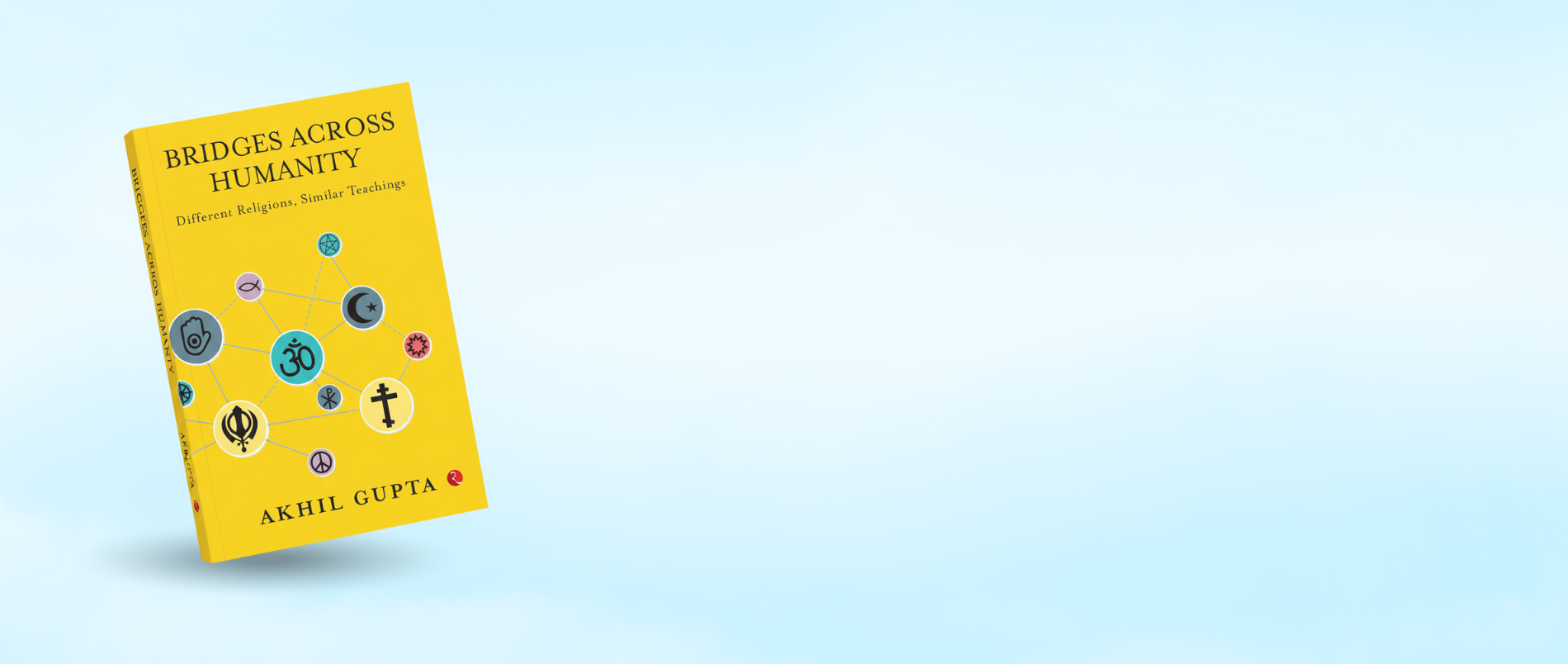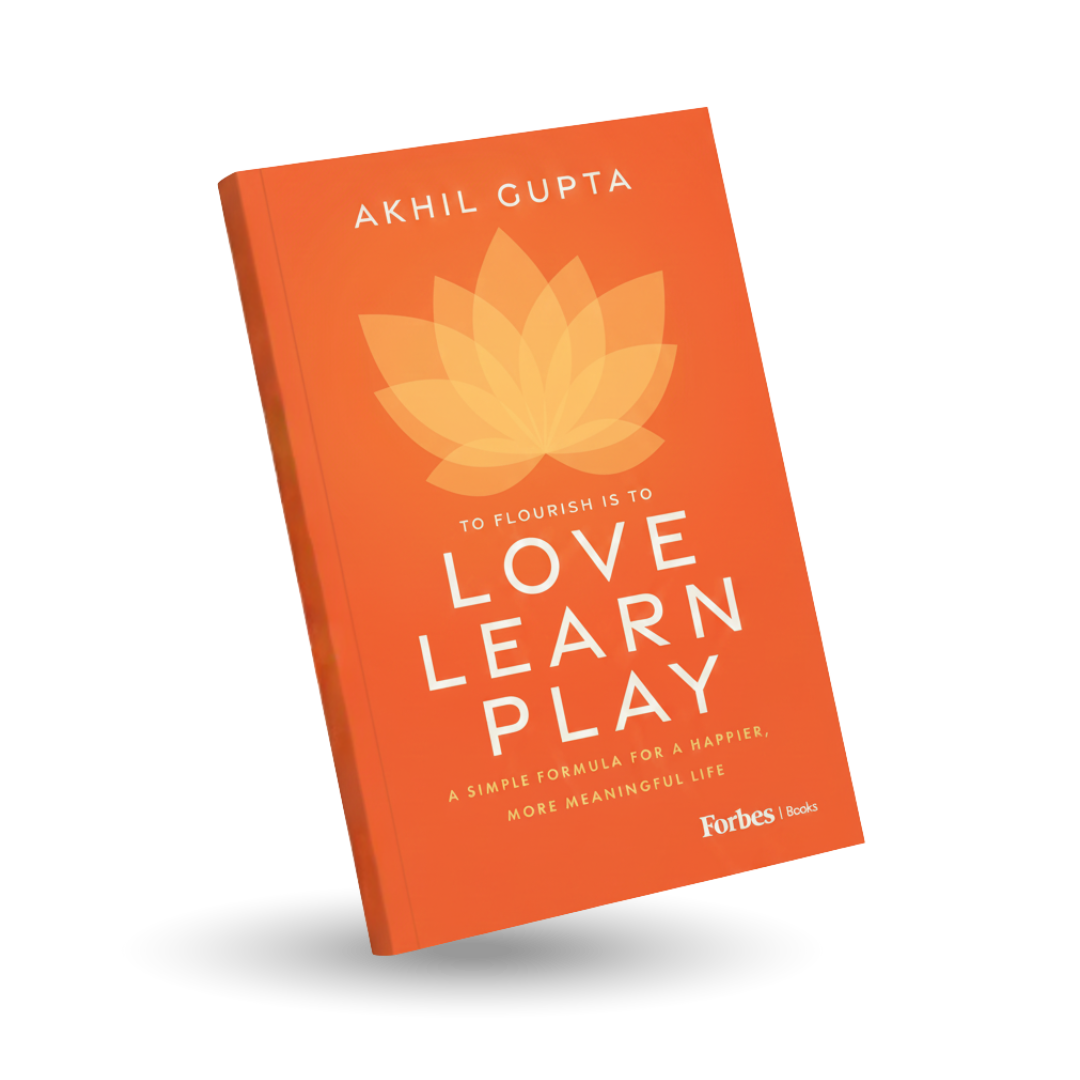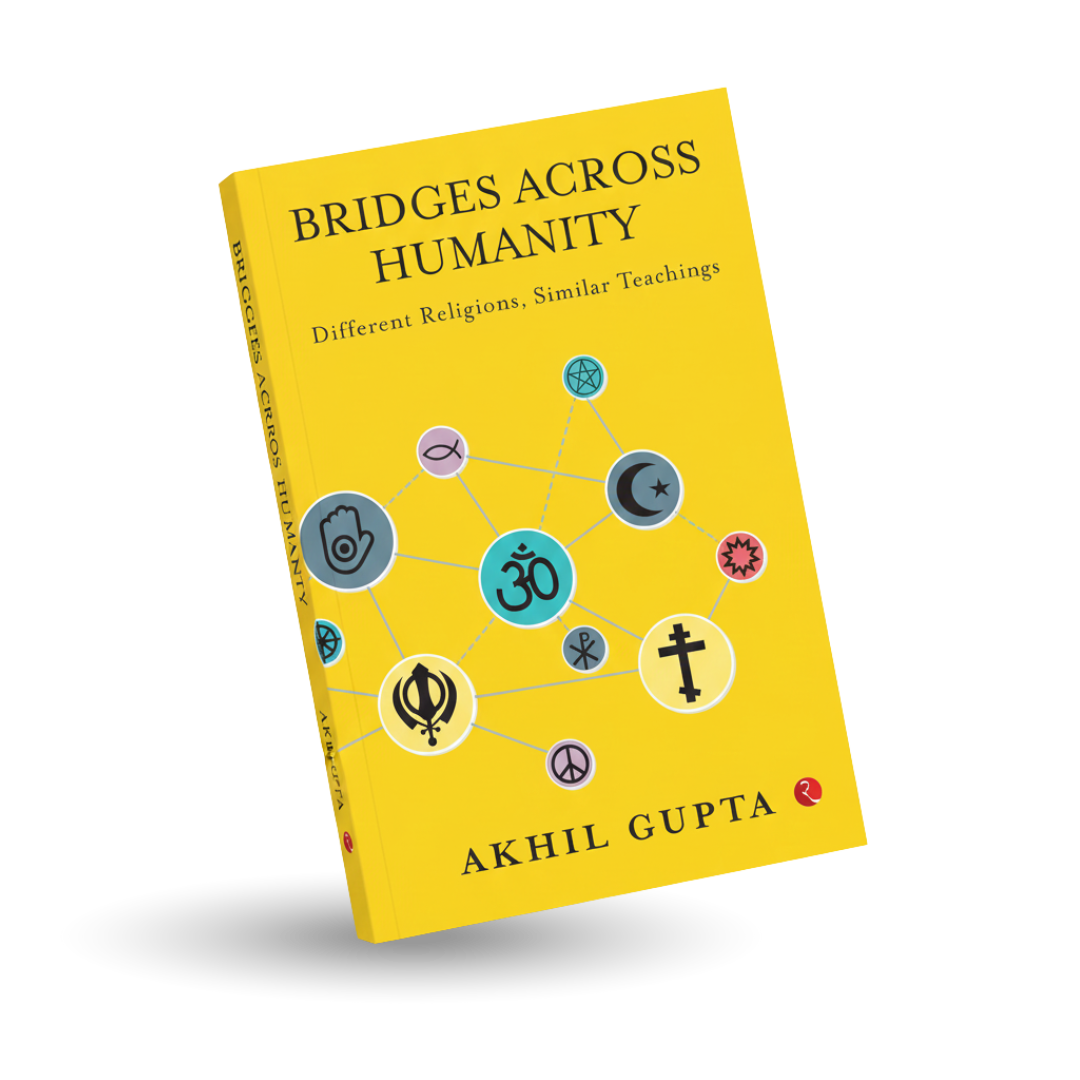



This book presents a universal mindset rooted in the transformative powers of loving deeply, learning continuously, and playing freely referred to here as the LLP framework. Drawing inspiration from both ancient wisdom traditions and modern science, Akhil Gupta brings to our awareness that these three longings are not luxuries or ideals, but are core to our nature and essential to flourishing. This book demonstrates whether you’re leading a company, raising a family, or navigating your own purpose, whether you are rich or poor, and irrespective of your circumstances and endowments, the LLP mindset offers practical guidance for a more intentional, joy-filled life.
Throughout history, religion has served as a moral compass guiding the behaviors, attitudes, and actions of humanity. Despite the diversity of religious traditions, a common thread running through all of them is the call to compassion, kindness, and service—especially towards the underserved. This book demonstrates 54 themes that are common across all religions and other wisdom traditions with actual quotes from the scriptures. In an increasingly divided and polarized world, this message of solidarity stands as a powerful reminder that kindness and compassion transcends all barriers, whether they be cultural, religious, racial, or economic.
After a highly successful career as the founding chairman of Blackstone India, Akhil Gupta embarked on a profound personal and academic journey joining as a fellow with HARVARD’S Advanced Leadership Initiative during 2015 and 2016 and again in 2023. He studied psychology, spirituality, neuroscience, and philosophy to answer life’s most pressing questions: What does it truly mean to live well? He was convinced, after taking over 50 courses across Harvard, MIT, and Yale, and conducting extensive research on happiness, that the answer lies in integrating and distilling wisdom from centuries and across continents. And he developed a simple but powerful framework for flourishing- the LLP (Love, Learn, and Play) mindset. Whether you’re leading a company, raising a family, or navigating your own purpose, whether you are rich or poor, and irrespective of your circumstances and endowments, the LLP mindset offers practical guidance for a more intentional, joy-filled life.
Enhance human flourishing and spread religious literacy.

To flourish is to love, learn, and play.

Religions are The Bridges That Unite Us and Are Stronger Than The Walls That Divide Us.
Ideas That Bridge Hearts and Minds

Love • Learn • Play

Bridges Across Humanity
Common themes across all religions










